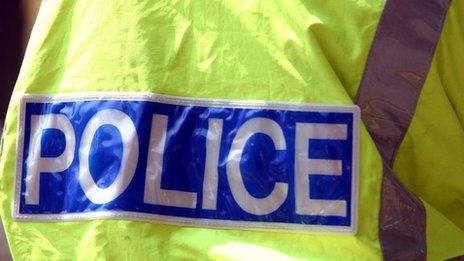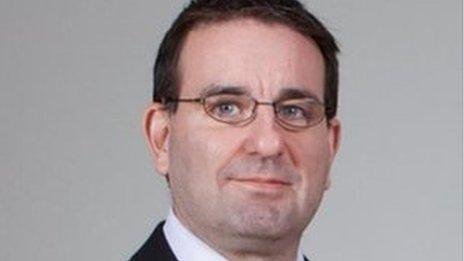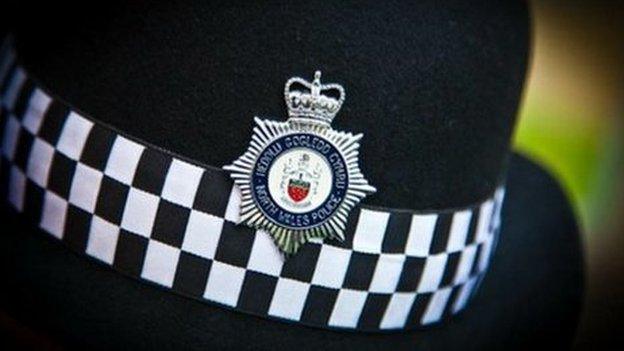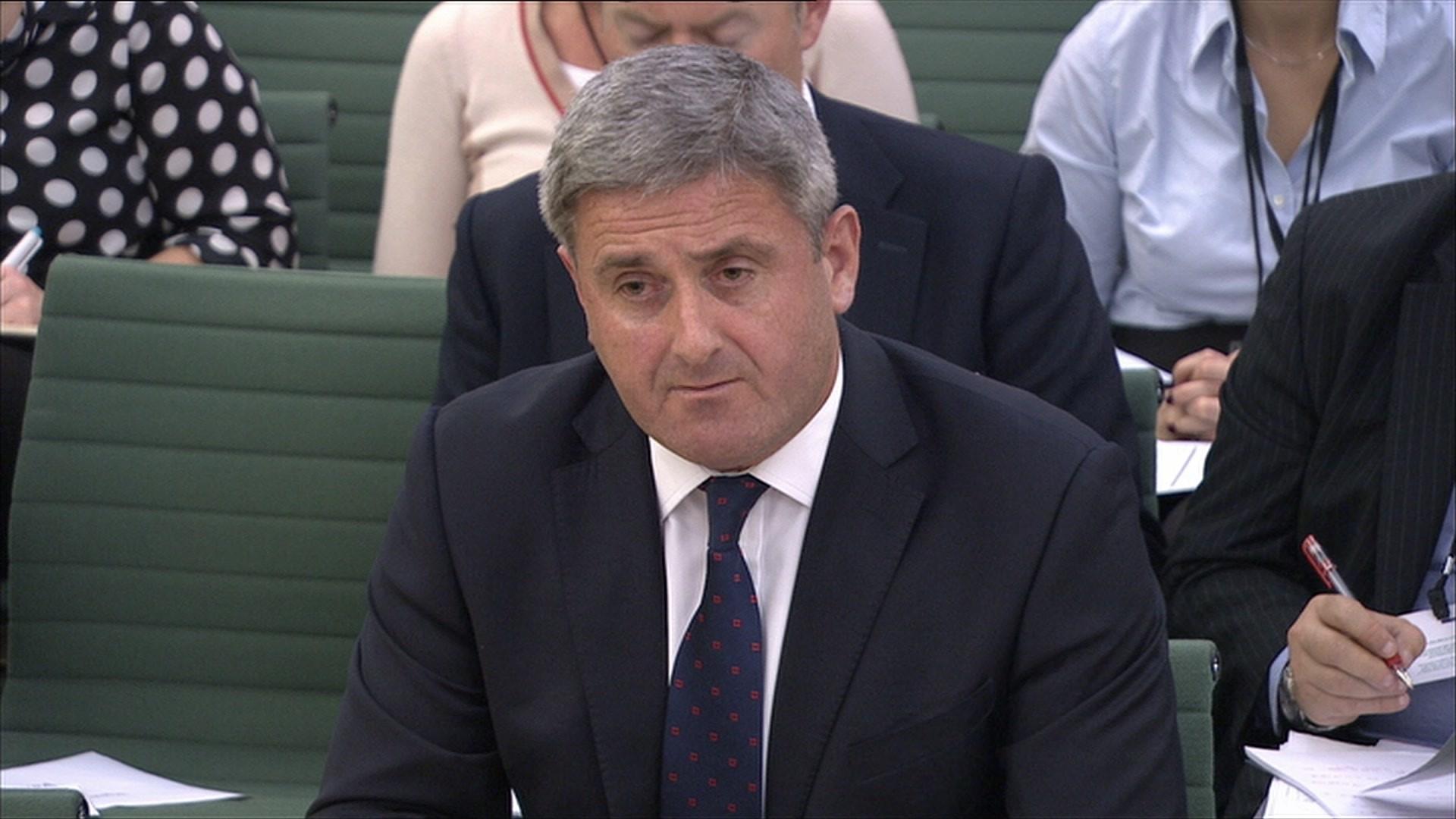Police handling of child abuse intelligence to be investigated
- Published

Three police forces face an inquiry over alleged failures to act on tip offs about potential paedophiles.
The Independent Police Complaints Commission (IPCC) will examine how Essex, North Wales and North Yorkshire handled information from Canadian police passed to the UK in 2012.
Around 2,000 names were sent by Toronto Police to the Child Exploitation and Online Protection Centre (CEOP).
The three forces referred themselves to the IPCC for investigation.
The IPCC said it would now look at how that the intelligence - uncovered by officers from the international Operation Spade - was handled once it was received by the forces.
Photos of pupils
Essex Police faces questions over how it dealt with information relating to Martin Goldberg, a teacher who took indecent photos of his pupils.
Goldberg was found dead a day after being interviewed by the force. Police found hundreds of images of children getting changed on his computer.
CEOP had been told about the deputy head in July 2012 but he was not interviewed by Essex Police until September this year.
The IPCC wrote to all chief constables in England and Wales last month, asking them to review how they dealt with any information they had received relating to Operation Spade.
North Yorkshire and North Wales Police subsequently referred themselves to the body.
Cardiff paedophile Gareth Williams was among three names Canadian officers passed to North Wales Police in 2013. The force did not act on them for a year.
Williams was jailed for five years in May.
Delays apology
Deputy IPCC chairwoman Sarah Green said: "There is rightly considerable public concern about how police forces deal with sexual offences involving children.
"The IPCC takes this issue seriously and proactively contacted all forces and asked them to review their handling of intelligence to determine the scale of any issues.
"Our investigations will examine carefully how intelligence from CEOP was dealt with by these three forces."
The head of the National Crime Agency (NCA) - which now encompasses CEOP - last month apologised for delays in acting on the information passed to it in July 2012.
How the agency handled that initial receipt of information is the subject of a separate IPCC probe.
BBC News obtained figures in October suggesting many forces had at that time only arrested around a third of the names among the Canadian intelligence.
North Wales and North Yorkshire were not among those that responded.
- Published6 November 2014

- Published3 November 2014

- Published14 October 2014
